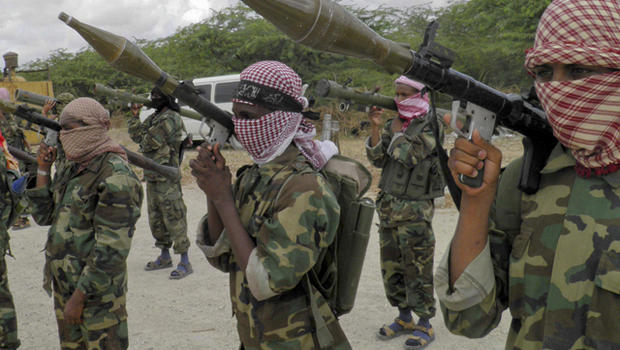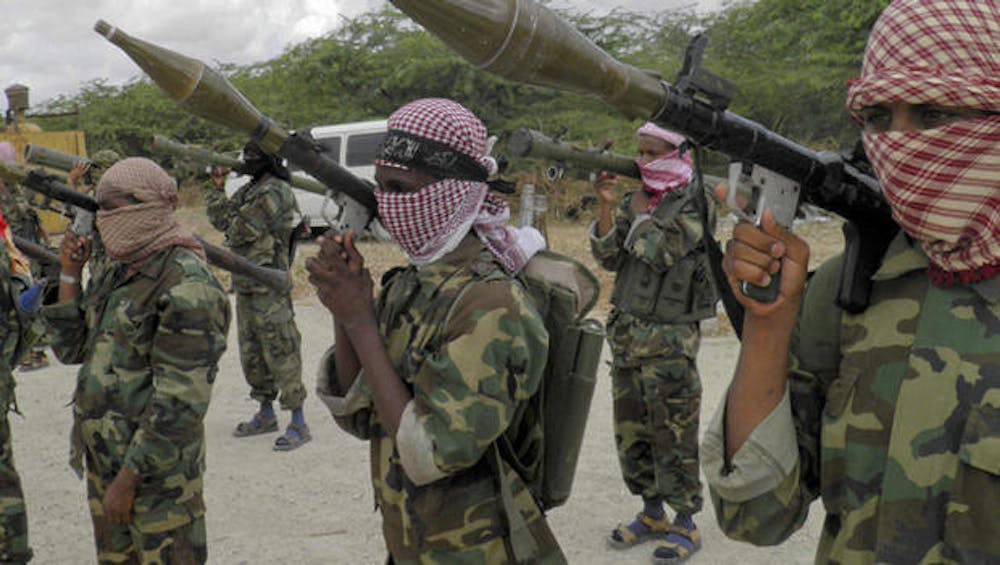By Candace Kellner
Staff Writer
Terrorist group al-Qaida attacked a southern Yemeni prison and released six inmates who are militants for the group on Friday, Feb. 13. Three of the six militants freed in the prison attack had been sentenced to death, a provincial security official told CNN. A security official reported that the attack had occurred just one day after the group took control of a military camp in the same province.

According to CNN, al-Qaida has long clashed with Yemen’s military, and this attack, which occurred in the nation’s Shabwa province, was more than 100 miles east of the capital. Yemen’s capital, Sanaa, has become an area of interest for the group after Houthi rebels seized it weeks before the attack.
Information regarding the casualties and details about how the attack developed were not initially publicized. However three local security officials told CNN that a Sunni Muslim terror group, known as AQAP, had taken over a military camp in a nearby town. This gave AQAP control of all of the camp’s weaponry, the officials said.
Before the conflict ended, tribal fighters were called in by the military camp’s commander. A ceasefire was called immediately after the fighters arrival so that they could help evacuate the battered Yemeni troops from the camp, a tribal leader told CNN.
Earlier in the week, the United States, along with other nations, announced that they were suspending their embassy operations in Sanaa. The Saudi Foreign Minister and two Yemeni Foreign Ministry officials told CNN that due to deteriorating security conditions, Saudi Arabia evacuated its staff from their offices in the capital on Thursday, Feb. 12.
Germany’s Foreign Ministry tweeted that the German Embassy officials had left Yemen the next day. Italy’s choice to evacuate follows “recent events in the country and the progressively deteriorating security conditions,” a post by Italy’s Foreign Ministry on Twitter reads.
The United States, along with Britain and France, said that they decided to move the staff out of their embassies because of the instability caused by the Houthis’ invasion. The Houthis, a Shiite Muslim group, have seized control of vital government buildings, terminated parliament and placed President Abdu Rabu Mansour Hadi under house arrest, according to CNN.
It is not clear whether the U.S. anti-terrorism efforts will remain the same after the Houthis’ invasion, but the U.S. drone program in Sanaa is still currently active.







